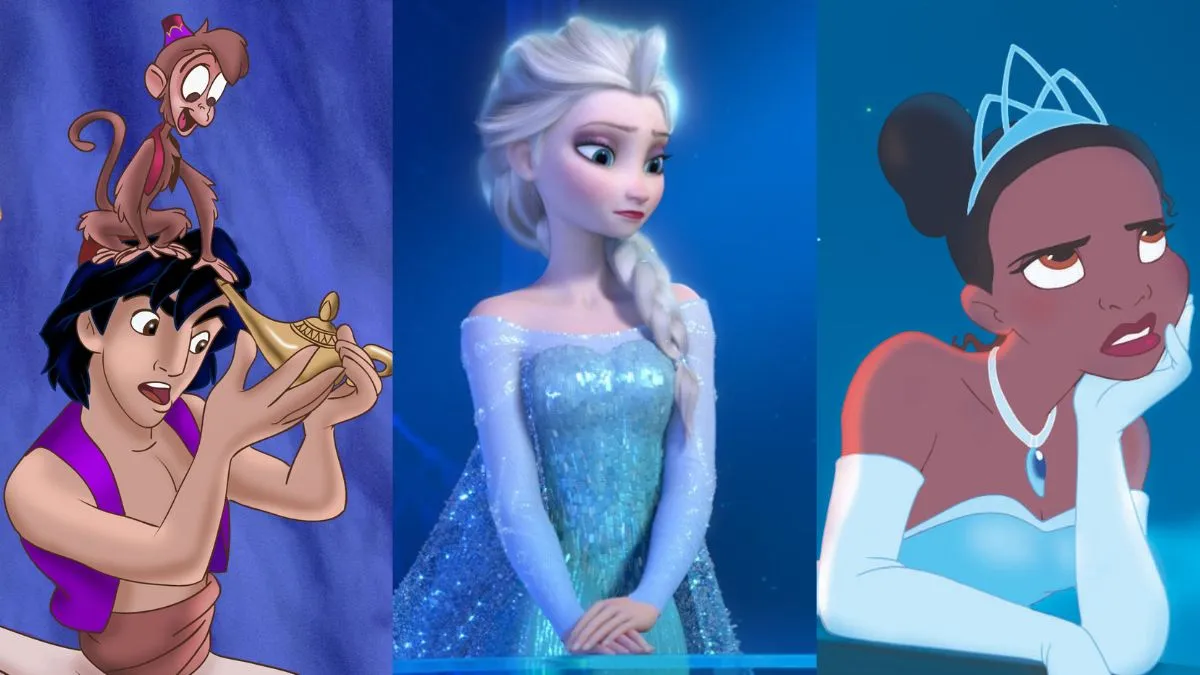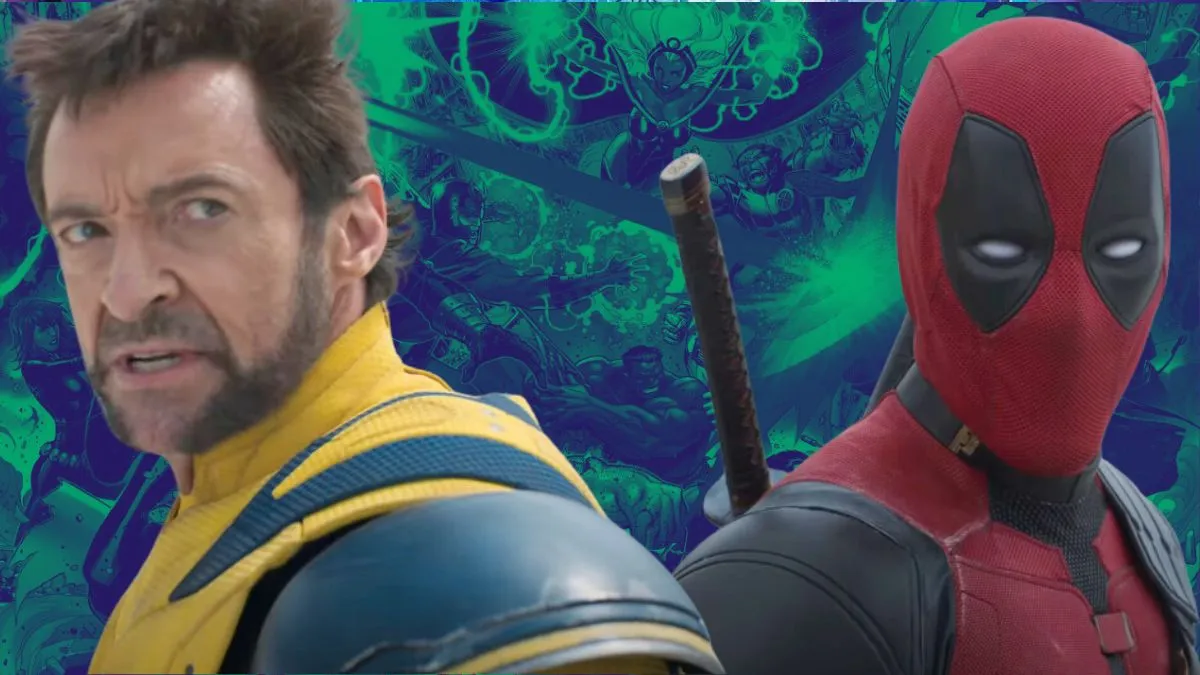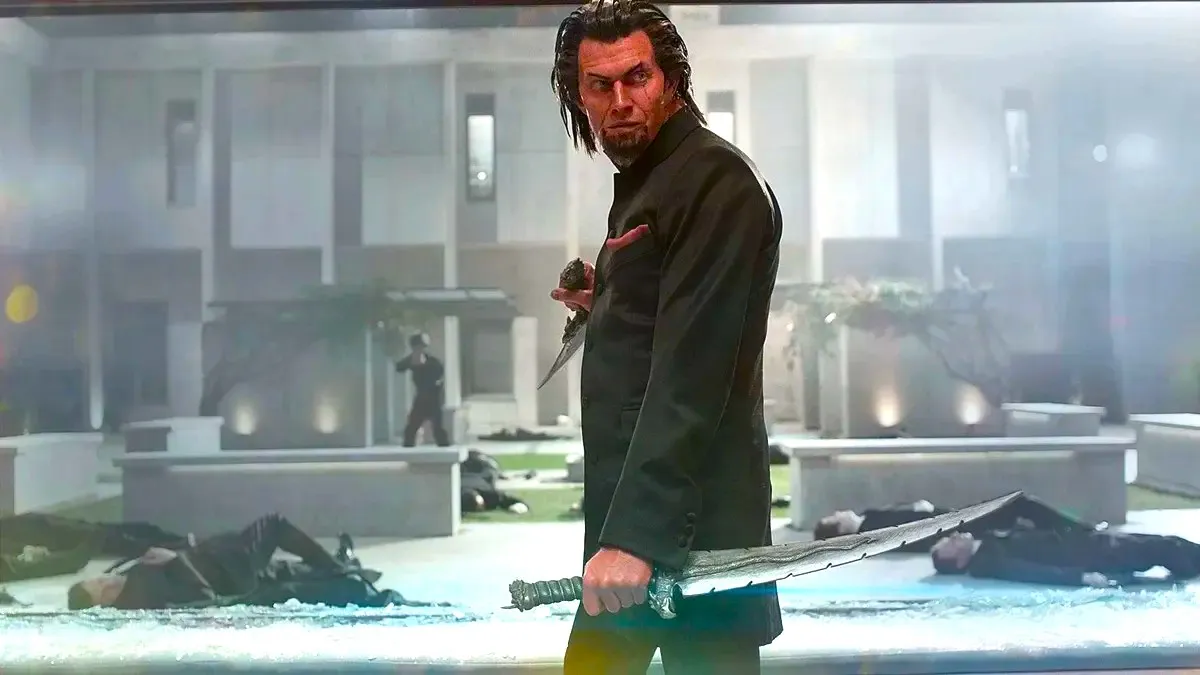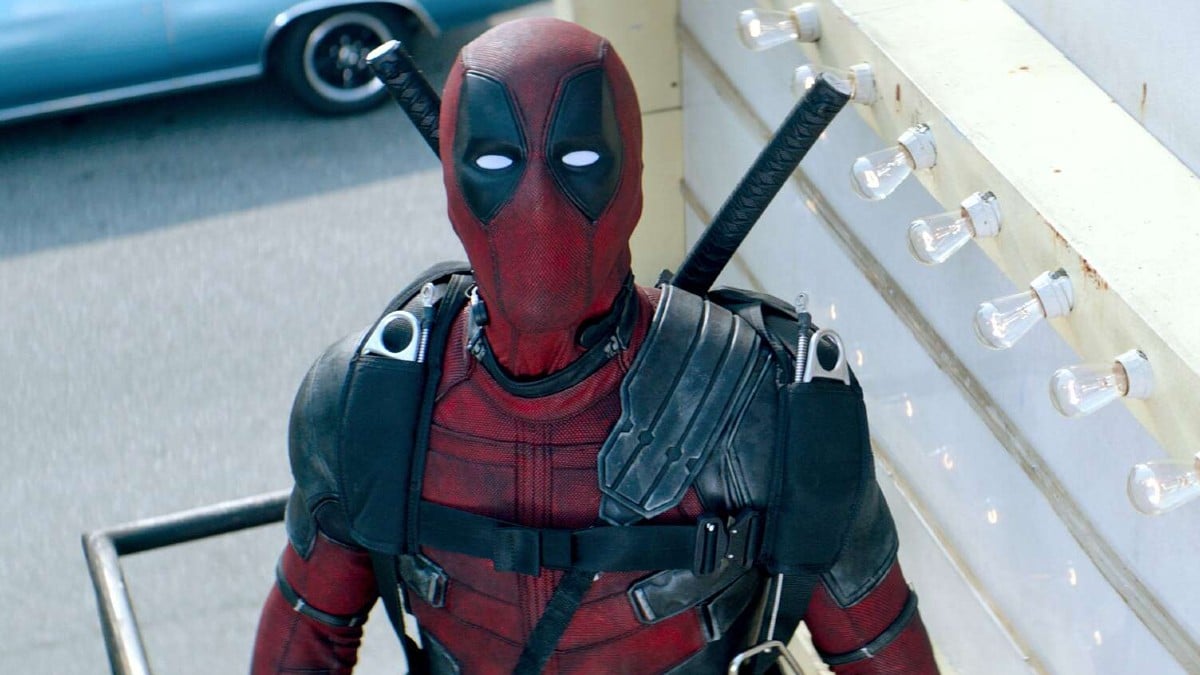Kathryn Bigelow’s Detroit is a powder-keg of injustice. For two-plus hours, we’re held captive by racist officers who are – undeniably – scarier than any Hollywood horror franchise. Remember how we all laughed when baby-faced Will Poulter was teased to play Pennywise in the upcoming It remake? Detroit makes him twice the monster without any makeup. This is writer Mark Boal’s doing, who draws iron-weighted parallels between 67’s civil breakdown and the deaths of Mike Brown, Eric Garner, and more. An assault of police brutality and shoot-first skittishness like a military tank aimed upwards at a “sniper” – who we see is just a little girl peering between folded window blinds. From here it’s bloody beatings, averted eyes and corruption of power. A historical black eye that’s indescribably devastating – which, in more ways than one, is not an easy story to tell.
Night falls on Detroit, the date of July 25, 1967. Law enforcement, military guards and security backups remain on high alert long after curfew. Crowds protest, storefronts burn, but at the Algiers Motel, clientele hope to slumber safely. Those like musician Larry (Algee Smith) and serviceman Greene (Anthony Mackie). Then a *pop* breaks the silence. A few more. National guardsmen scatter, calling out gunfire from an annex offshoot of the motel. Officer Krauss (Will Poulter) and his local PD brothers assume jurisdiction and burst into Algiers, immediately demanding to see a weapon. The issue? Carl (Jason Mitchell), the “shooter,” stupidly “shot” a toy gun as an ill-advised joke. The motel guests plead, but Krauss shows no mercy. His night of bigoted abuse begins in the name of weapon that doesn’t exist, and ends with three dead bodies on top of nine other beaten-near-death “suspects” (prisoners).
What Bigelow accomplishes is singling out one event amidst chaos that fueled a movement. Break-in terror envelopes the Algiers Motel. It’s something out of a Blumhouse production, a good 120 minutes spent watching Krauss dehumanize and bludgeon black males and white females (who’d dare spent the night with “one of them”). You will wince, writhe and want to vomit – probably at the same time. Scene after scene, Bigelow offers no respite. Poulter’s words sting with superiority, his victim’s wounds mixing anxious sweat with innocent blood. Violence is meant to provoke, remind and warn all at once – but Bigelow stokes a fire she can’t contain.
I return once again to the little girl mentioned above, peering through cracked shades. A military gunner shrieks “Sniper!” and aims his tank-mounted machine gun towards the glass, firing multiple rounds. From there, it’s a jump to Krauss pumping a shotgun blast into a fleeing looter – in the back, mind you. This is Bigelow’s way of setting her intended stage, at the risk of menial character development.
The Algiers Motel houses a collection of bodies, none of whom are personified beyond punching bags. And you know what? As horrid as this sounds, that’s exactly the part each occupant plays in Boal’s script. Once Krauss busts into the motel, he’s the main voice you can here. He’s the one dictating actions. Insulting, threatening, using his cohorts Demens (Jack Reynor) and Flynn (Ben O’Toole) like leashed dogs. The violence never, ever stops, almost like a scared-straight teaching that can’t get past a message of “times were bad” – and that’s it.
Violence can shine a light on attitudes and emotions of the time, but alone it tells an incomplete story. Poulter wages a racial war and, admittedly, he’s damn good at it (in the sickest way), with slick-backed hair and evolutionary egotism that belittles African-Americans as lesser beings. For what seems like an eternity, he gets away with literal murder because officials look to dodge volatile race-relations. Green fatigues watch in awe (doing what little damage control is possible) and Michigan State PD doesn’t want to get involved (civil rights bullshit) – deliberate attempts to enrage. Krauss or his goons split heads like grapefruits, as their hostages absorb each echoing lump. We watch this for so long, harboring a deeper and deeper hatred for Poulter’s top-ranking, protected racist. Anger boils to a numbing, desensitizing effect. Then, out of nowhere, we get one single scene where a white officer embraces one of the bleeding African-Americans (after the night is over), offering support and calling him “brother.”
No. I’m sorry. This moment is not earned, and because we’re so rage-triggered, it proves that nothing but hate and pain has filled most of Detroit. And then we begin to think, why have wounds of the past been reopened? Further than reminding us of a single incident that hurt, wronged and failed so many. No redemption or bigger connection to the Detroit riot acts. One night, told like an insides-ripping thriller without dramatic heft. Krauss walks free, judicially absolved of his sins. Bigelow shows the wreckage, once again digging down farther, not up. Detroit is, for lack of a better term, a pornographic echo chamber of resentment. Trying to put out a fire with ten more tankers full of gasoline.

By way of performances, praise is more than earned. Poulter is a fiendish good-old-boy who wields unpredictability like a noose, shooting dagger-like smiles while tearing human lives in two. Every line of dialogue more horrifying than the last, each step in his master plan more destructive. Reynor and O’Toole mine garden-variety sleaze, but Poulter is an ingenious ringleader whose glance can turn to death and he’d think no harm. So demonizing that Algee Smith’s angelic singing voice and Jacob Latimore’s up-beat attitude are washed up a river of bile.
Anthony Mackie, a brutish ex-militant, exhibits restraint because he doesn’t want to be another one of Poulter’s statistics. The two Caucasian girls – played by Kaitlyn Dever and Hannah Murray – exhibit equal fear under Poulter’s regime, convinced they’re whores to Mackie’s pimp (untrue, obviously). In reaction, actors find appropriate responses. Never an issue.
What IS an issue is a film that comes off as spiteful and heavy-handed in its want to prove a point. What IS an issue is an actor like John Boyega who plays a mere pawn (African-American security guard helping Caucasian cops), abandoned by a lack of written depth. What IS an issue is the whirling, dizzying cinematography from Barry Ackroyd that pans, zooms and cuts like a jumble-per-second action film might. What IS an issue is Bigelow’s nearsighted social justice gaze that so desperately wants to say something monumental in times of need, yet transfixes on a tone that leaves you broken and without answers.
None of this is meant to slight historical importance, I assure you. It’s just that Detroit leaves nothing to grasp afterwards, be it an epiphany of change or hope for the future. It’s an ugly scenario retold with equal awfulness. Nothing more, nothing less – and that’s the the REAL issue.






